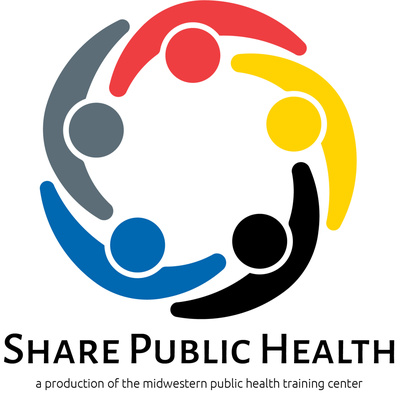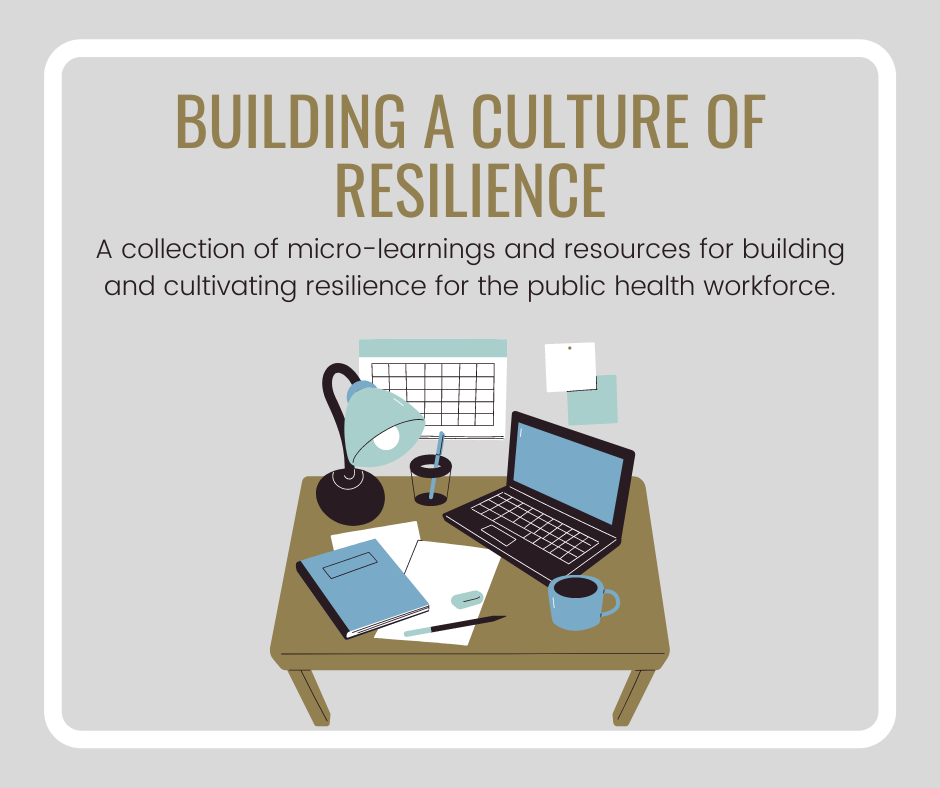 CASPER Awareness Scenario
CASPER Awareness Scenario
This awareness-level course was developed by the Upper Midwest PERLC in partnership with the Iowa Department of Public Health. The goal of this course is to provide learners with a basic understanding of what a Community Assessment for Public Health Emergency Response (CASPER) is and how it can be used following a disaster. The intended audience for this course is local public health administrators and local county emergency managers. The length of time for participants to take this course is estimated to be one hour.
 Responding to a Crisis: Managing Emotions and Stress Scenario
Responding to a Crisis: Managing Emotions and Stress Scenario
This adaptive scenario from the Upper Midwest PERLC covers concepts of Psychological First Aid in responding to disasters. The user makes decisions about how to respond to the emotional needs of disaster victims and volunteers. This course is intended for the public health workforce, as well as anyone involved in post-disaster recovery. Because assessment is embedded within the trainings, the user receives only need-based training as indicated by responses to the scenario. Course takes 20 - 60 minutes to complete, depending on how much training is needed.
 Effect of Disasters on Mental Health: Awareness Level
Effect of Disasters on Mental Health: Awareness Level
Developed by the Upper Midwest PERLC, this course is intended for anyone who will come into professional contact with disaster victims, including DMAT, hospital workers, EMTs, primary care providers and public health workers. There are three modules in this course: Module 1: Disaster, Trauma and Proximity to the Event Module 2: Psycho-Physiology of Trauma and Fear Module 3: Tools for Understanding
 Effect of Disasters on Mental Health: Technical Level
Effect of Disasters on Mental Health: Technical Level
Developed by the Upper Midwest PERLC, this course is intended for anyone who will come into professional contact with disaster victims, including DMAT, hospital workers, EMTs, primary care providers and public health workers. In addition to providing general knowledge, this course emphasizes two practical skills: administering psychological first aid to disaster victims in the immediate aftermath of a disaster, and screening disaster victims for common mental health disorders in the months that follow.
 Effect of Disasters on Mental Health for Children and Adolescents
Effect of Disasters on Mental Health for Children and Adolescents
Developed by the Upper Midwest PERLC, this course is intended for anyone who will come into professional contact with disaster victims who are children or adolescents, including DMAT, hospital workers, EMTs, primary care providers and public health workers. In addition to providing general knowledge of how disaster trauma effects this particular population, this course emphasizes practical skills: administering psychological first aid to children and adolescents in the immediate aftermath of a disaster, screening them for mental health disorders in the months that follow, and involving parents and other caregivers throughout the process.
 Community Partnering: A Risk Assessment and Emergency Operations Planning Scenario
Community Partnering: A Risk Assessment and Emergency Operations Planning Scenario
This course, developed by UMPERLC, provides guidance on the fundamentals of community-based planning, from contributing to a risk assessment to developing emergency operations plans (EOP) and engaging the whole community in addressing all risks and hazards. The course is intended for local public health administrators and local county emergency managers. It takes an hour or less to complete.
IS-546.A: Continuity of Operations Awareness Course
This FEMA course introduces students to the concept of continuity planning. The course provides a brief overview of continuity, the legal basis for continuity planning, the Continuity Program Management Cycle, and essential elements of a viable continuity program. The course is useful to Federal, State, County, local, territorial, and tribal governments.





